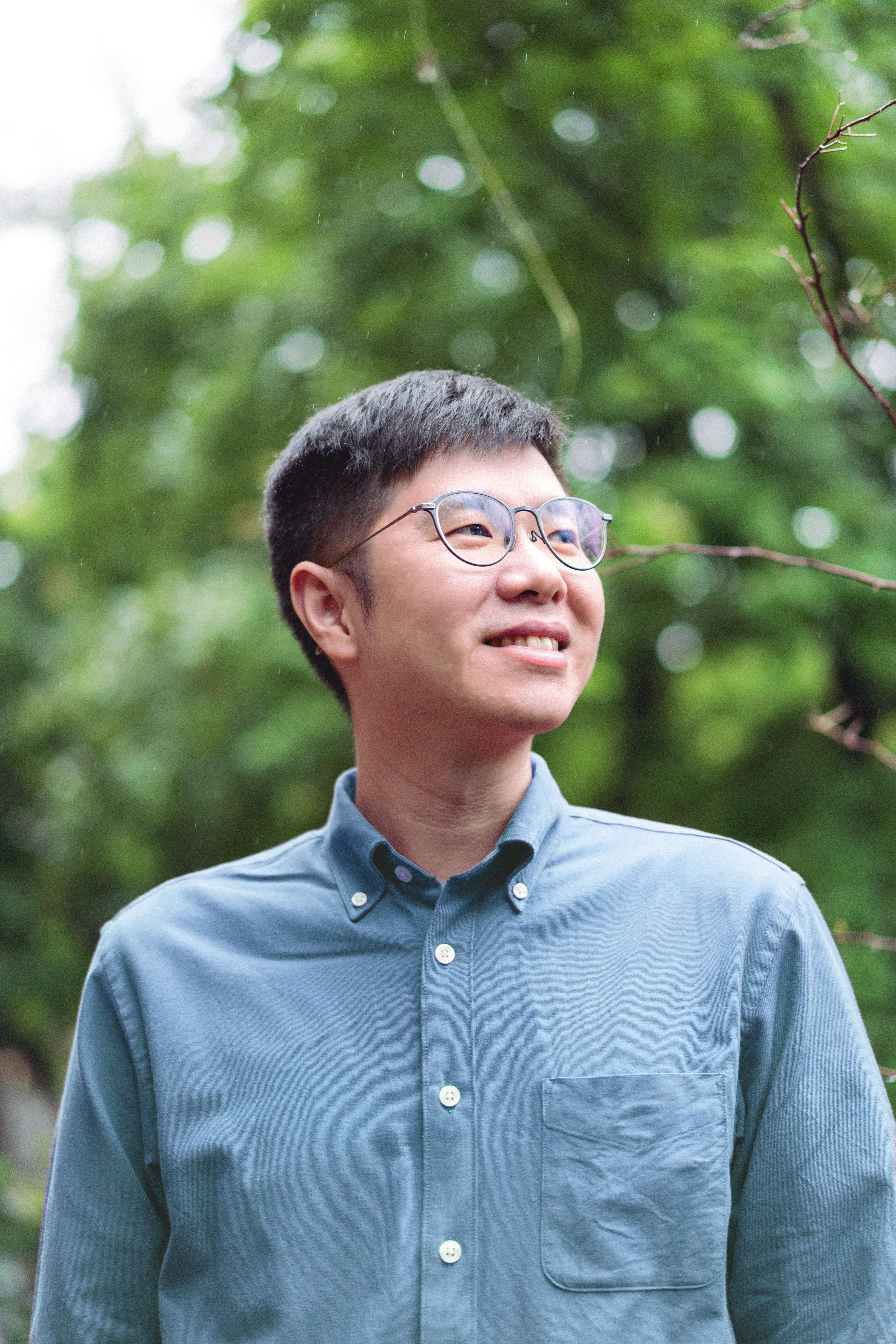Research
My research focuses on three fields: health & population, culture & inequality, and social network analysis.
- Three Essays on Social Ties, Health, and Health Inequalities
- Dissertation project
- Committee: Mark Pachucki (chair), James Kitts, Youngmin Yi, Douglas Levy (Massachusetts General Hospital/Harvard Medical School)
- This dissertation contextualizes networks and health through temporality and relationality to understand (1) patterns, social origins, and returns of of life-course social capital, (2) long-term impacts of early-life structural advantages, and (3) network spillover.
- Dissertation project
- Categorical Closure: Transitivity and Identities in Longitudinal Networks [2024, Social Networks]
- Co-author with Anthony Paik, Swethaa Ballakrishnen, Carole Silver, Steven Boutcher
- This research is one of the first studies that systematically investigate the intersection between transitivity and homophily. We found that identity works at both the triadic and dyadic levels and only means less when endogenous structures have taken over the interactions.
- Network Spillover in Food Choice among Co-workers using Data from ChooseWell 365 Randomized Controlled Trial to Promote Healthy Eating (2024, Social Science & Medicine)
- Co-author with Mark C. Pachucki, A. James O’Malley, Douglas E. Levy, Anne N. Thorndike
- This research is one of the first studies that systematically investigate records of millions of cafeteria purchases from thousands of employees for more than four years and included participants and non-participants in a workplace wellness program to estimate network spillover effects on food choices.
- We found that changes in food purchase behaviors extended from employees actually enrolled in the program to their socially-tied coworkers who were not themselves intervention participants.
- Fake News Virality: Relational Niches and the Diffusion of COVID-19 Vaccine Misinformation. (2024, Social Science Research)
- Annual Best Comprehensive Examination Paper Award, Department of Sociology, UMass-Amherst
- This research utilized over one million English-language tweets about the COVID-19 vaccine and applied social network analysis to explore why only fake news publishers are able to spread COVID-19 vaccine-related misinformation.
- The findings revealed a startling discovery. While echo chambers did facilitate the virality of fake news, surprisingly, excessive interconnectedness among fake news publishers hindered the diffusion of false information.
- Moreover, exposure to reliable sources, such as mainstream media, did not assist audiences in distinguishing between false and reliable information but instead facilitated the spread of vaccine misinformation.
